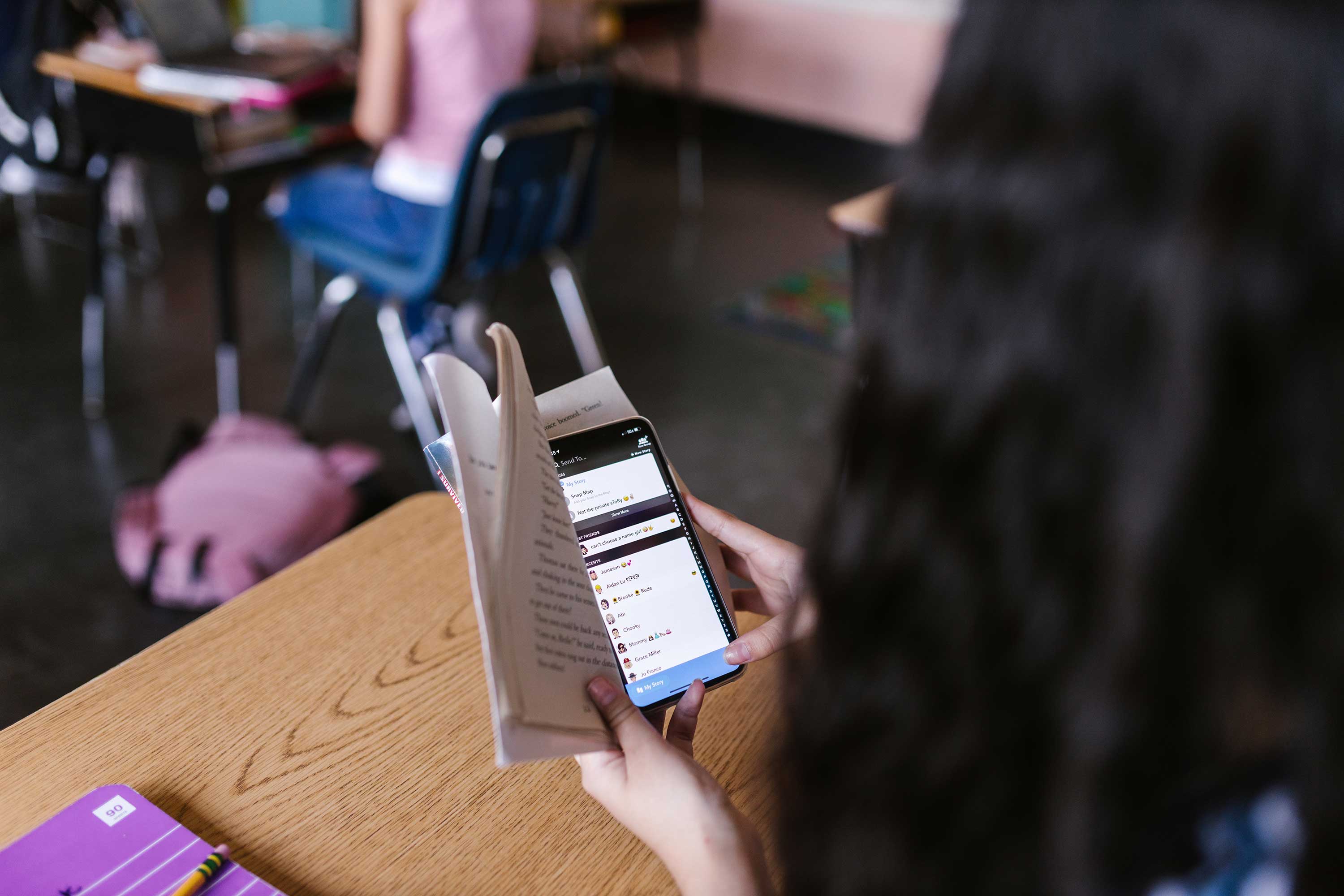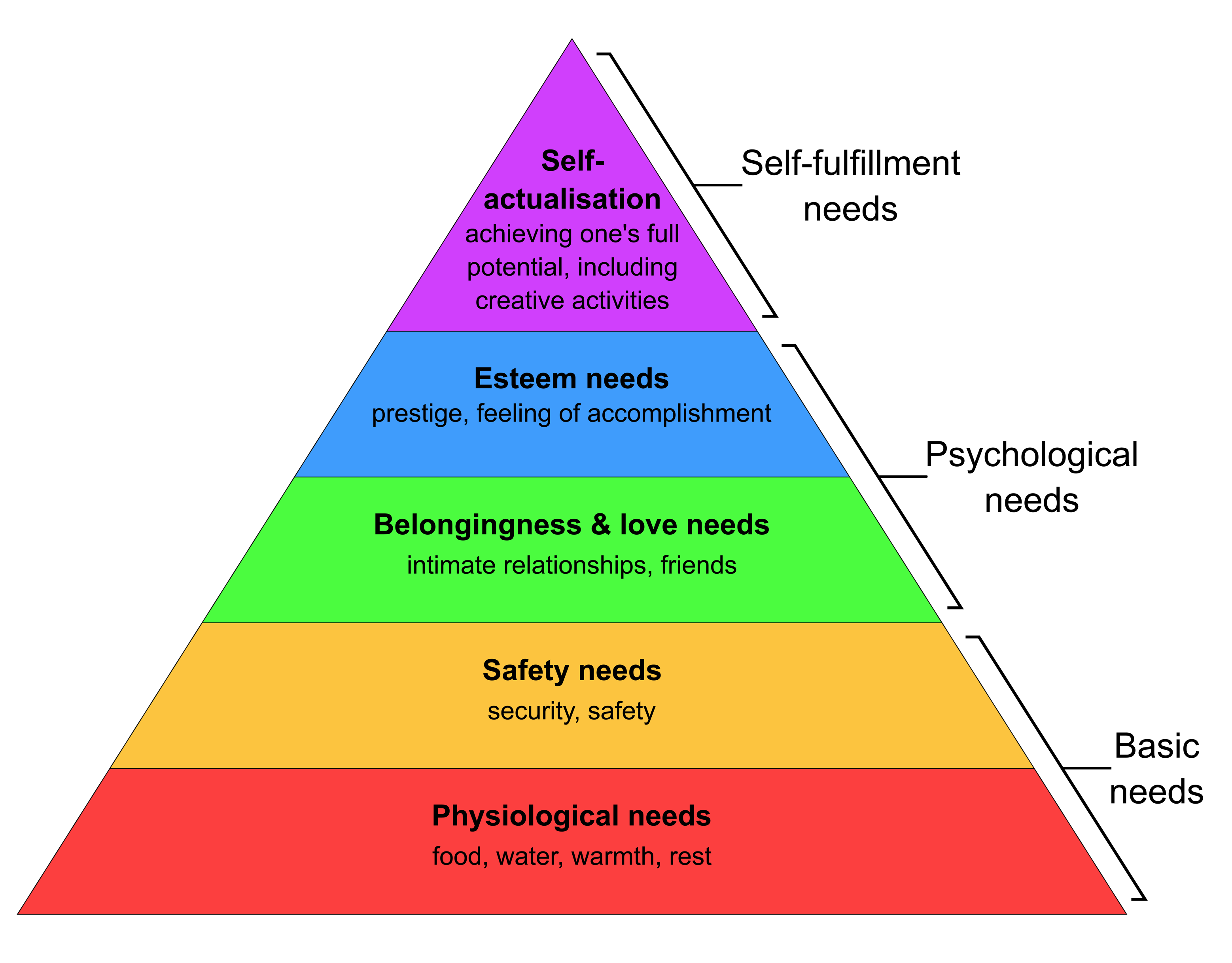
Within the midst of the pandemic, as a 16-year-old, I discovered myself continually gravitating towards my telephone. Humanity was already in a state of social isolation, and I turned to social media as a method of connection. Tech dependancy is one thing that affects all generations on a worldwide scale. Understanding this, I made a decision to delete social media for 60 days to expertise life with out one thing so prevalent amongst my technology.
In the course of the cleanse, there have been pivotal moments the place I noticed that my social media obsession was not particular person – it was common. A number of of these revelations occurred in my college setting, the place I might witness simply how consumed my friends had been with social media. They wouldn’t make eye contact, they’d solely speak about subjects that had been on social media, they wouldn’t know how one can have interaction with one another once they didn’t have a tool, and intervals of awkward silence had been damaged by turning to the display screen for consolation. I believed to myself, “What is occurring?” An setting that’s speculated to be collaborative, communicative, and provoking was being restricted because of the fractured consideration attributable to social media.
As college students, our success isn’t solely influenced by tutorial excellence however by a wide range of behavioral and social elements that assist us attain our potential. Nonetheless, the constant interruption of social media within the college setting can negatively have an effect on pupil achievement if not used responsibly. A number of the key parts wanted for academic success will be proven via Maslow’s Hierarchy of Wants.

Picture by Androidmarsexpress
Maslow’s Hierarchy of Wants is a traditional psychological mannequin of human motivation. It’s predicted that if a person garners all of the phases of the hierarchy, they’ll obtain their full potential.
The social media algorithm will be assessed via the lens of Maslow’s Hierarchy. If social media has the facility to satisfy our wants and needs as people, it has the potential to override what it means to really join with each other, and act as a distraction at college.
Physiological wants — meals, water, relaxation: Usually, after we are hungry, the principle precedence of the mind is to search out meals to eat. Our minds are then on fixed alert for meals. Within the digital world, after we are “hungry” we flip to social media to “feed” us. We could also be on fixed alert for visible or auditory cues that enhance our probability of occurring social media, comparable to telephone “buzzes” or when the telephone lights up due to notifications.
Security wants — security, shelter, safety: From an evolutionary standpoint, people are outfitted to need to really feel as if they’re part of a bunch. Prehistorically, if one was ostracized from the “herd” they’d be extra weak and at the next threat of survival. Social media makes us really feel secure in a number of methods, whether or not that’s via a selected group, on-line group chats, or a number of feedback.
Belonging and love wants — intimate relationships and pals: As youngsters enter adolescence, they’re primarily “leaving the nest” and yearn to search out people that may assist them navigate the challenges of the teenage years. They could flip to social media to attach with others their very own age.
Esteem Wants — sense of accomplishment and status: Once we are flooded with likes, feedback, and followers, we really feel an amazing sense of productiveness.
Self-actualization and attaining one’s potential: Self-actualization might happen after we obtain the anticipated quantity of likes, feedback, notifications, or followers that we had envisioned for ourselves.
To be able to create a faculty setting that fosters creativity, togetherness, and significant pondering, we should be taught to make use of social media deliberately and responsibly to achieve our tutorial objectives and take advantage of out of the 2023-2024 college 12 months. For extra ideas for your self, caregivers, or colleges, discover Psychological Well being America’s Selfies, Social, and Screens: Navigating Digital Areas for Youth toolkit.
Keegan Lee is a member of the 2023-2024 MHA Younger Leaders Council, creator of “60 Days of Disconnect,” an energetic member within the Log Off Motion and Younger Folks’s Alliance, and research psychology and neuroscience on the College of North Carolina.